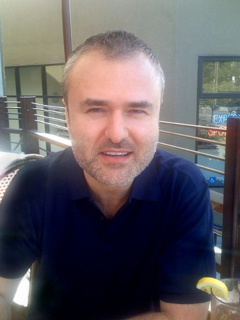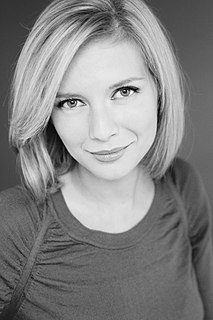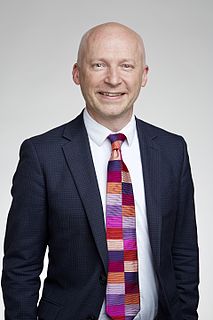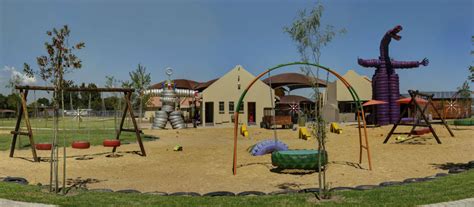A Quote by Mark Haddon
And what he meant was that maths wasn't like life because in life there are no straightforward answers in the end
Quote Topics
Related Quotes
But in the end, science does not provide the answers most of us require. Its story of our origins and of our end is, to say the least, unsatisfactory. To the question, "How did it all begin?", science answers, "Probably by an accident." To the question, "How will it all end?", science answers, "Probably by an accident." And to many people, the accidental life is not worth living. Moreover, the science-god has no answer to the question, "Why are we here?" and, to the question, "What moral instructions do you give us?", the science-god maintains silence.
The songs are not meant to be real life. They're meant to have a psychic - rather than a factual - bearing on the listener. It's rare that a song grounded in reality moves me because I don't feel like I'm getting the whole story. Songs are made to exist in and of themselves, like a great James Jones or Robert Louis Stevenson novel - they're not autobiographical, and yet there's a reality in every single page. It's real life of the imagination.
So how can we test the idea that the transition from nonlife to life is simple enough to happen repeatedly? The most obvious and straightforward way is to search for a second form of life on Earth. No planet is more Earth-like than Earth itself, so if the path to life is easy, then life should have started up many times over right here.
We ask the leaf, "Are you complete in yourself?" And the leaf answers, "No, my life is in the branches." We ask the branch, and the branch answers, "No my life is in the root." We ask the root, and it answers, "No my life is in the trunk and the branches and the leaves. Keep the branches stripped of leaves, and I shall die," So it is with the great tree of being. Nothing is completely and merely individual.







































